While technology is evolving in each aspect by leaps and bounds, most developing countries still tackle the issue of sanitation with scorn. Toilet and waste disposal remain the chief issues troubling these nations among others such as population and poverty. While all these factors and problems are co-related and walk hand-in-hand, improper sanitary methods lead to an adverse effect on the population’s health and may increase morbidity rates exponentially.
Improperly disposed refuse can cause direct spread of infections which are vector-borne or through contaminated water resources. Here we have some unique, sustainable, and greener ways of refuse disposal.
“L- Uritonnoir” brings sustainability to bio-recycling
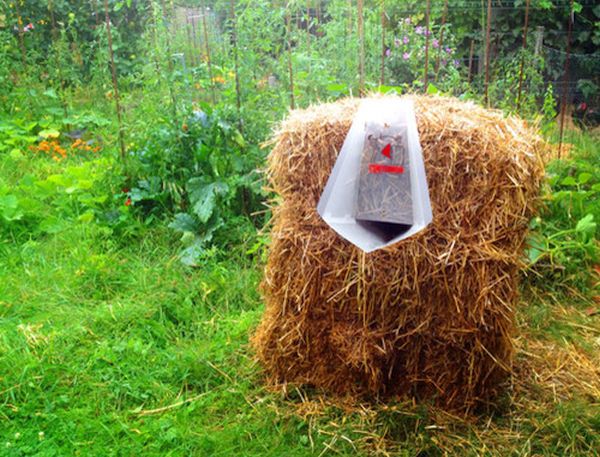
Image Source : St.Hzcdn.Com
The best way to dispose waste is decomposing it and recycling the products. Human urine is known to be rich in nitrogen and nitrogen derived compounds. Designing the “L-Urittonnoir” around this theory, designers in France created the L-Uritonnoir. This urinal uses the nitrogen in urine to convert hay to compost. Deriving nitrogen directly or breaking products in urine and fecal matter into nitrogen to aid in this conversion procedure occurs over a period of six months.
Waste to fuel with Sanivation
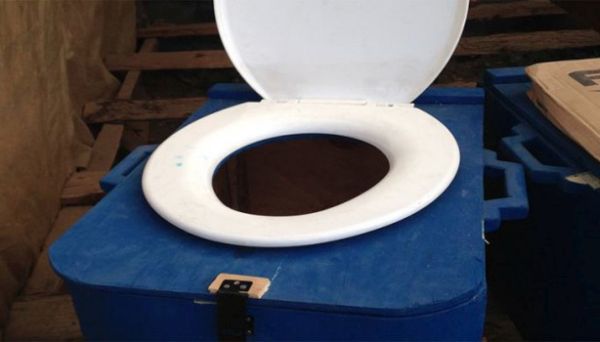
Image Source : S.Yimg.Com
Using processed human waste as ‘briquettes’ for the purpose of burning fuel has been known and practiced at various levels across the world since a long time. Sanivation provides the same service for personal use in Kenya. Providing their services at a small monthly bill of USD 7, they install blue toilets that also function for waste collection, which are collected and processed into burnable ‘briquettes’. Independent waste collection is an environment friendly approach towards preventing water resource contamination that frequently occurs in the normal sewage disposal methods that are employed in most urbanized towns.
Cranfield Water Science Institute’s “Nano-membrane toilet”
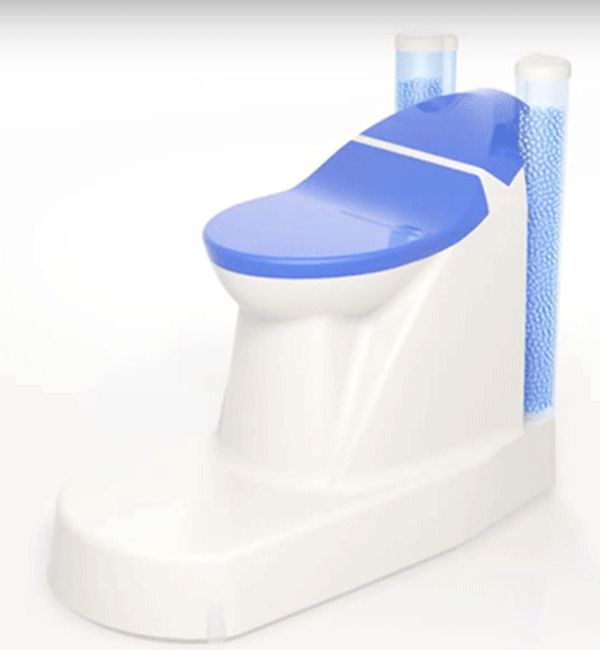
Human urine contains 75% water, and the nano-membrane toilet, currently under a trial run in Ghana, works on the principle of separating this water from the waste products, leaving behind the solid waste that can be processed further for use as a fertilizer or burning fuel. The water that is separated from the waste matter is re-used after sterilization for irrigation or other purposes. With all this science working in favor of the nano-membrane toilet, another amazing feature is that it does not consume water or electricity throughout the process!
Affordable and profitable: ecological urinal
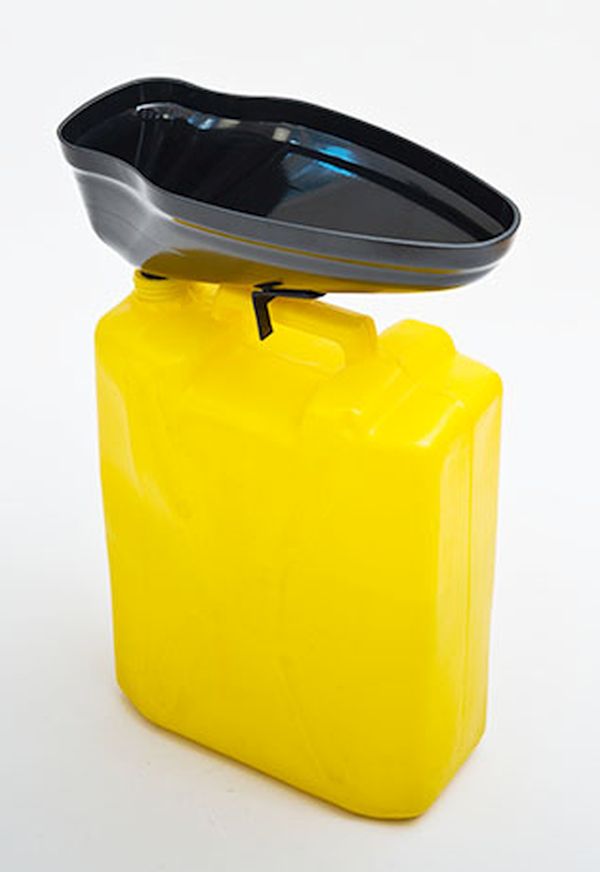
Teamed with Sustainable Sanitation Design, Design without Borders (DwB), has come up with this unique unisex urinal that can be used at home for personal use. The condition in Uganda’s slums is what drove these designers into action and they came up with an affordable option to a public urinal which is ecological and surprisingly profitable. The urinal comes at a price rate of USD 3 and can refine the urine into fertilizer that the user can utilize or choose to sell.
From form to function, Loowatt generates energy from waste
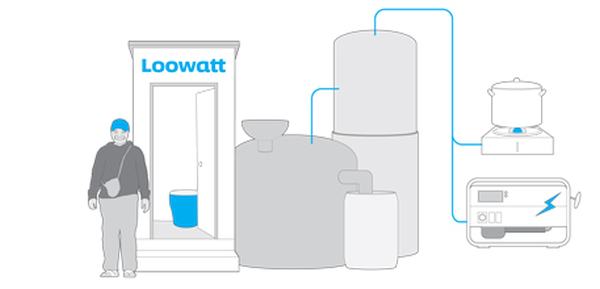
Image Source : Producthealth.Com
Made from molded 90% horse dung with a biodegradable lining and a storage container that nullifies odor, Virginia Gardiner’s Loowatt is an affordable energy-generating toilet. The Loowatt commode discards the use of a classic sewage disposal and does not consume any water. The user can take the collected waste to a local biodigestor where the same is transformed into cooking fuel.
Solar Powered toilets by Eram Scientific
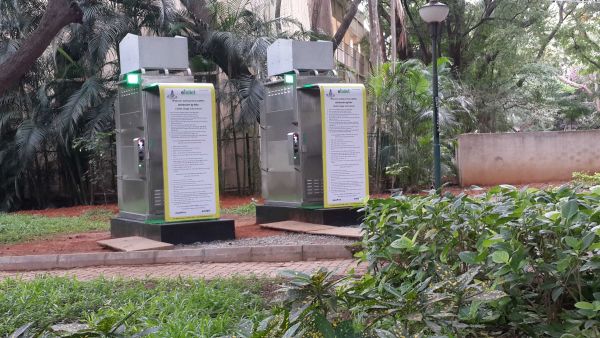
Image Source : Cleantechnica.Com
Aiming at enhancing public sanitation in India, Eram Scientific has come up with the innovative electronic toilets that function on solar energy. This toilet is equipped with some great features and all these are performed with power derived from solar energy.
Developing countries require primary care towards healthier ways of sanitation and waste disposal and that is where sustainable and eco-friendly toilets can come as a big advantage.

